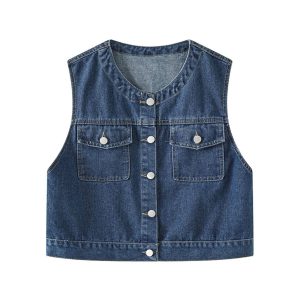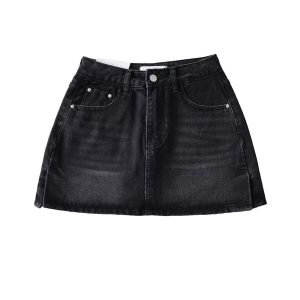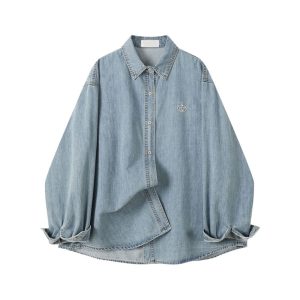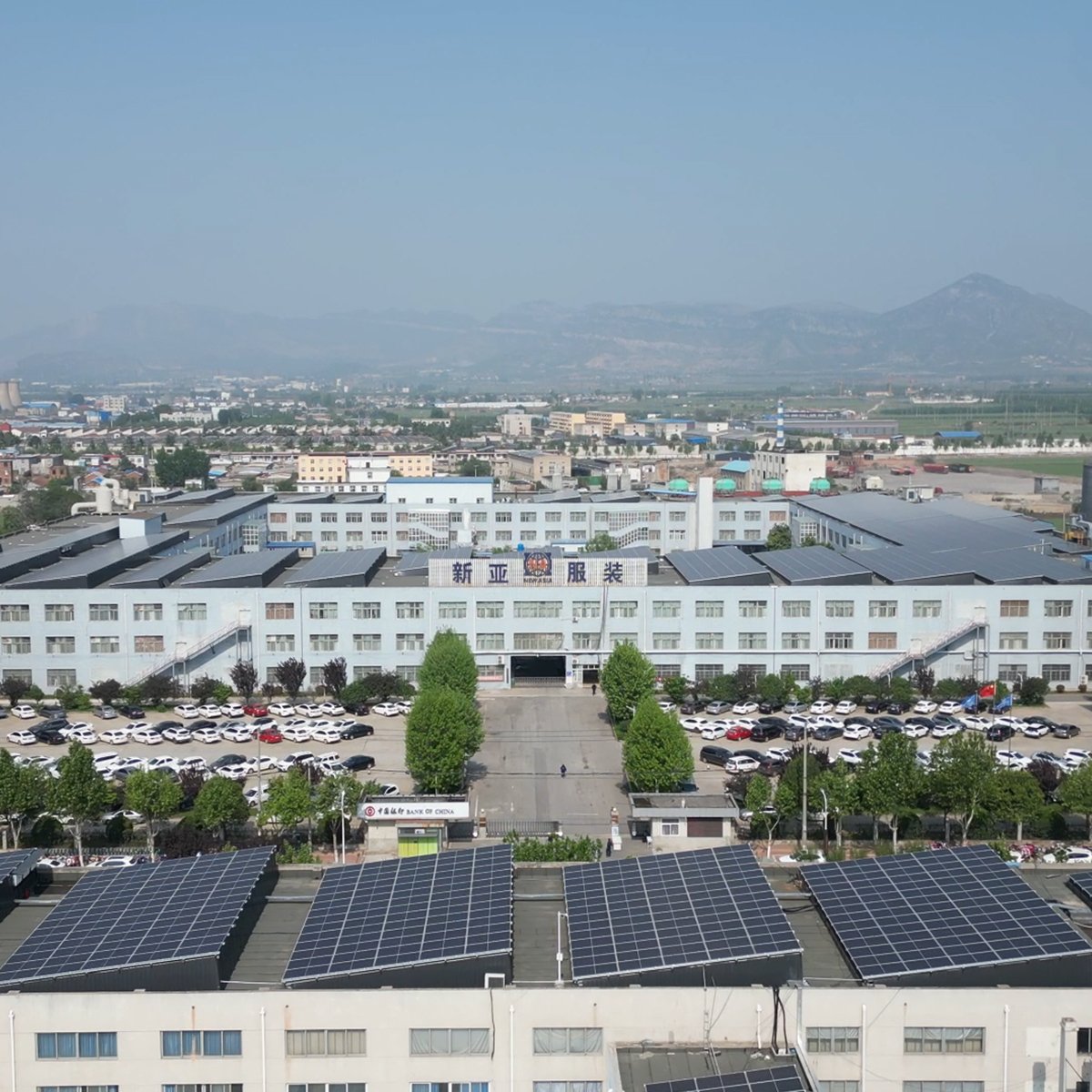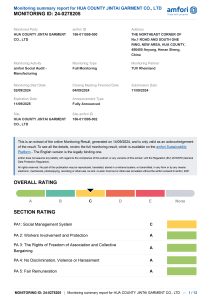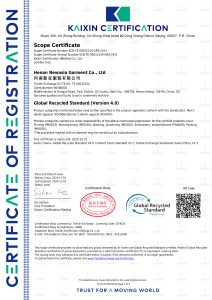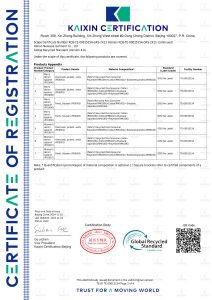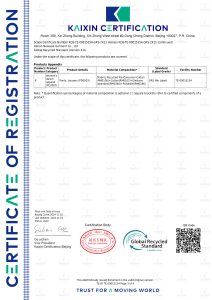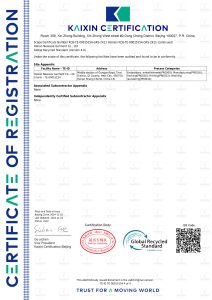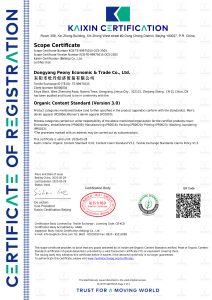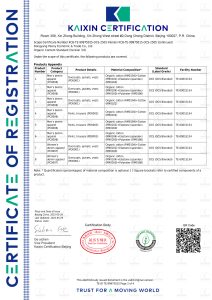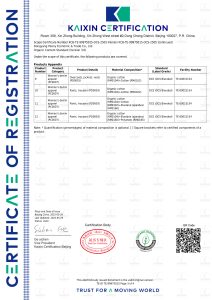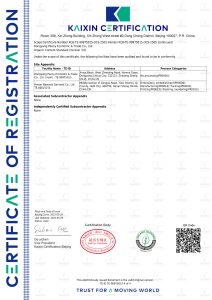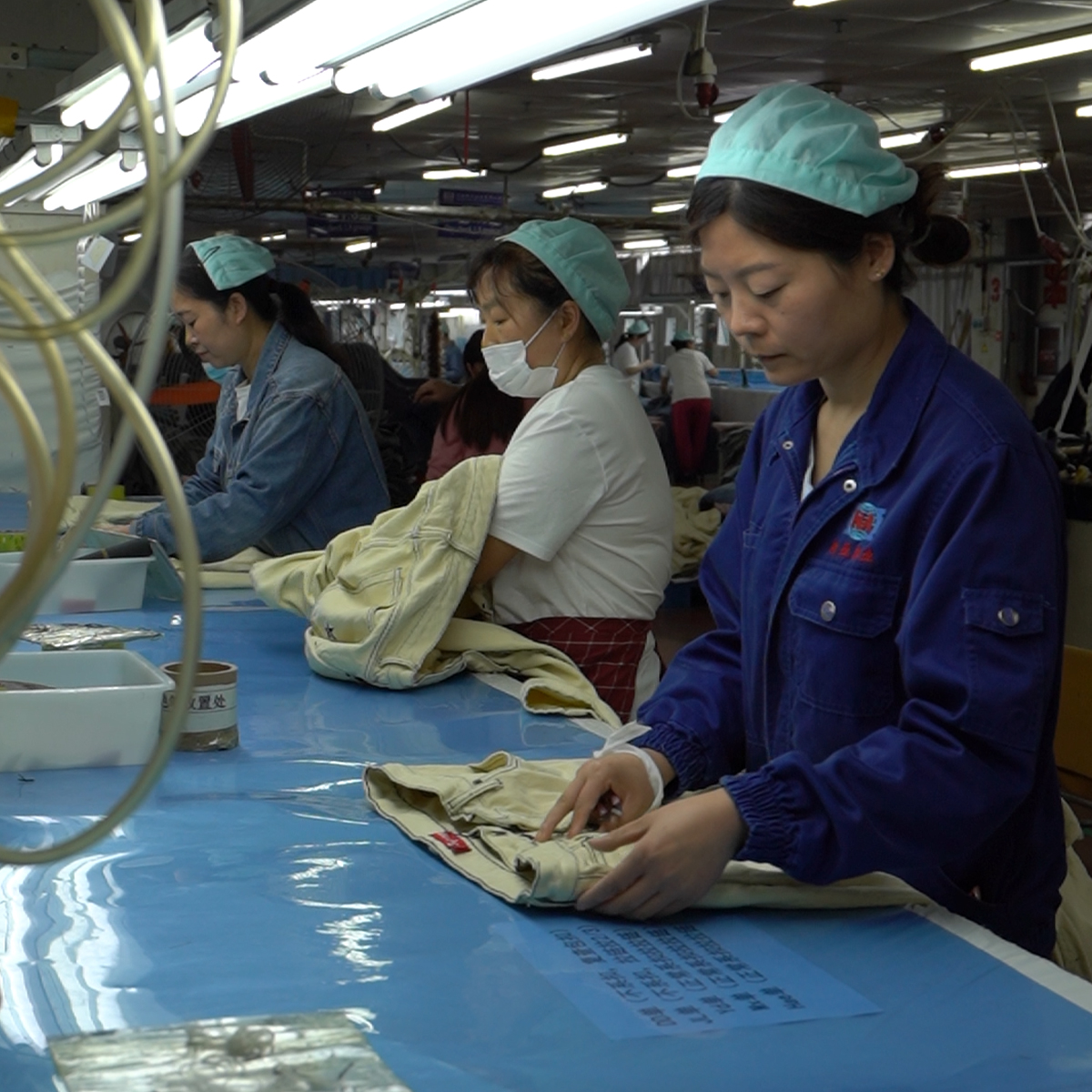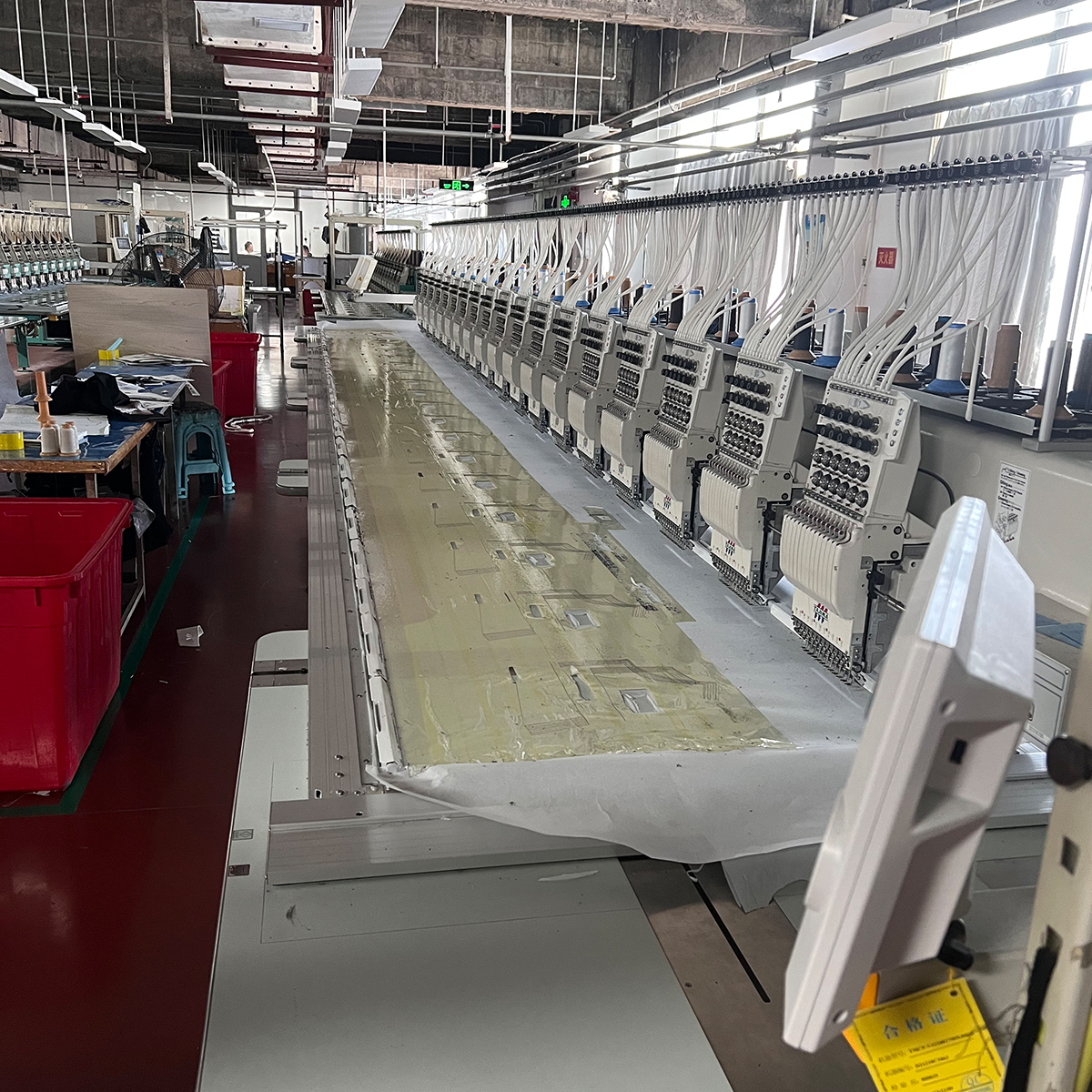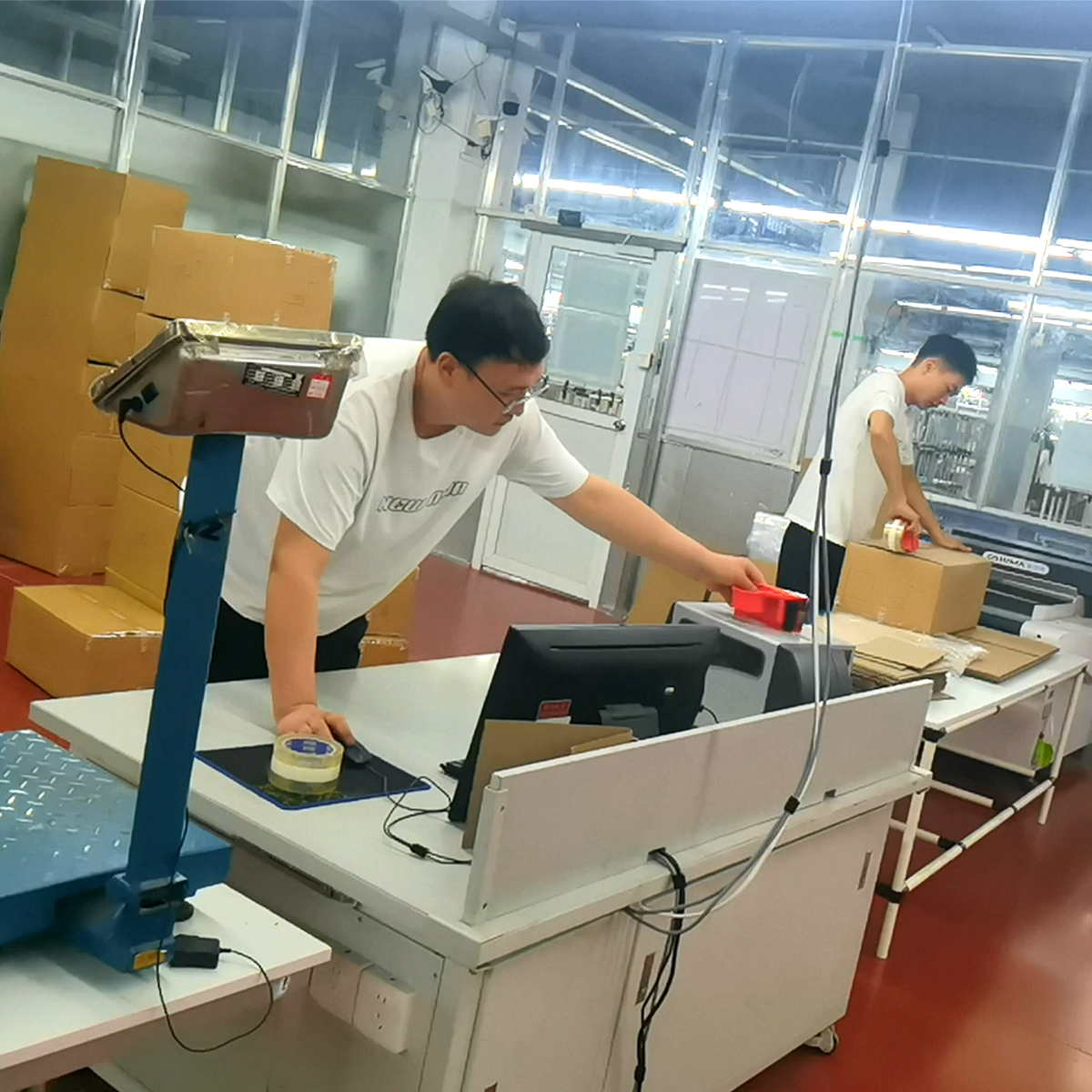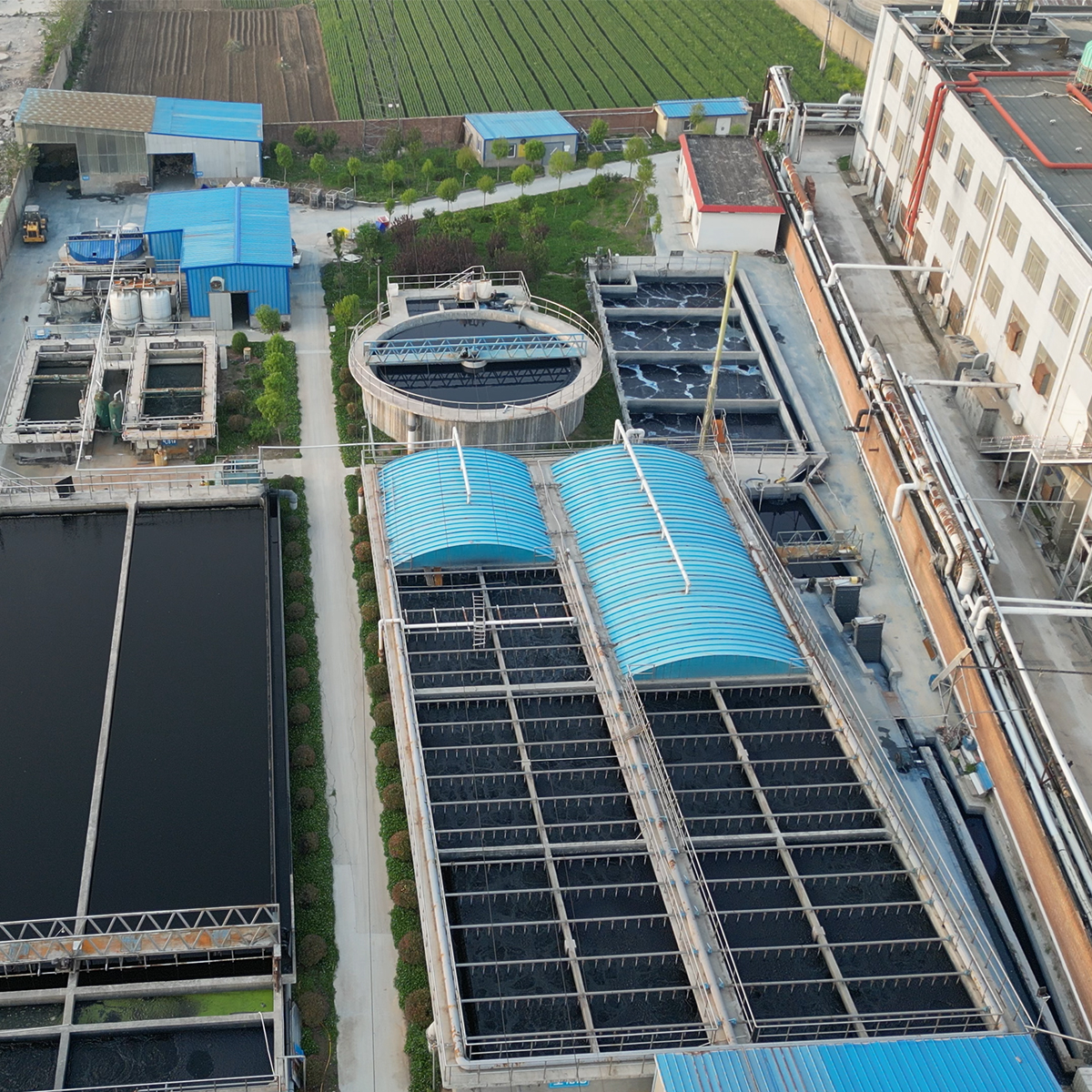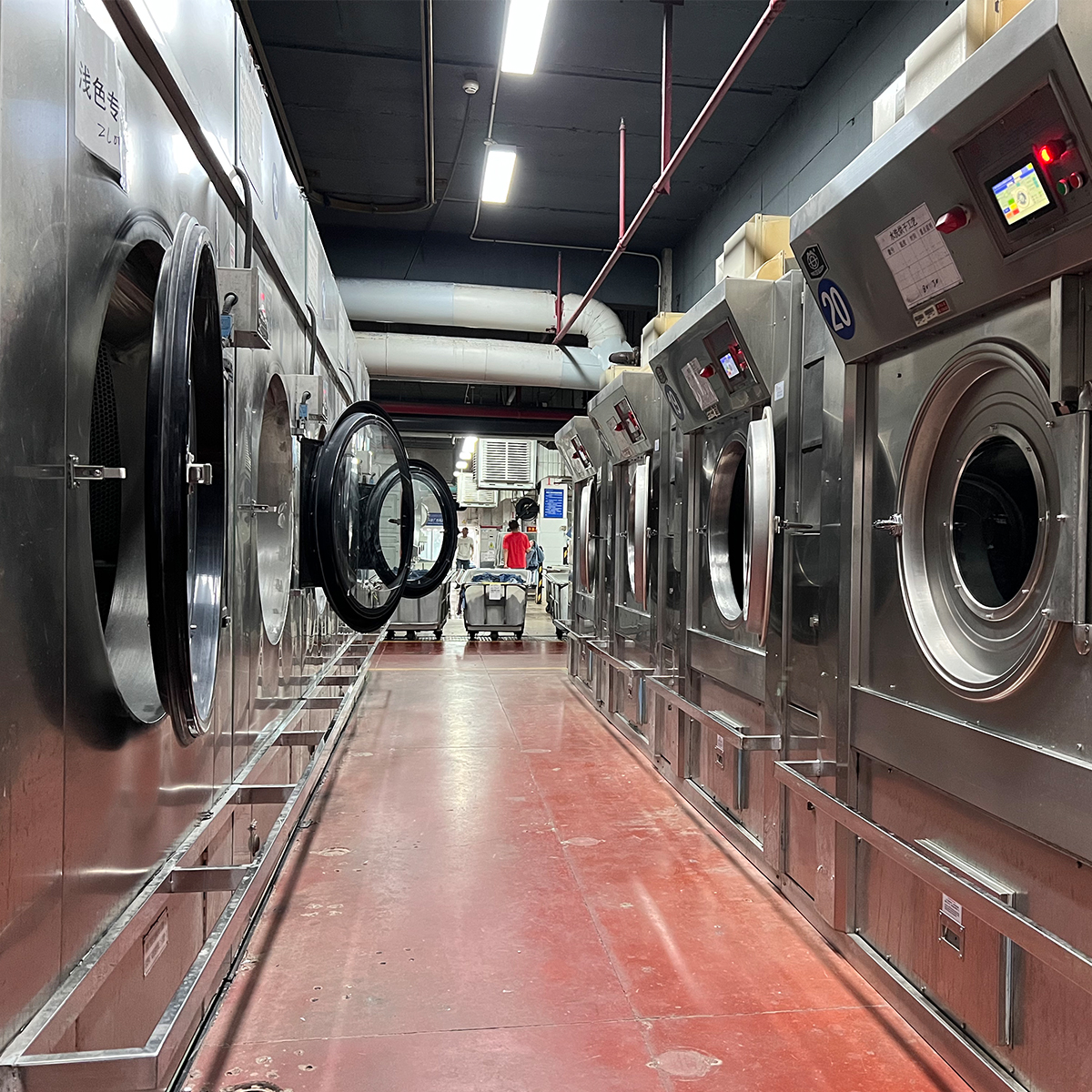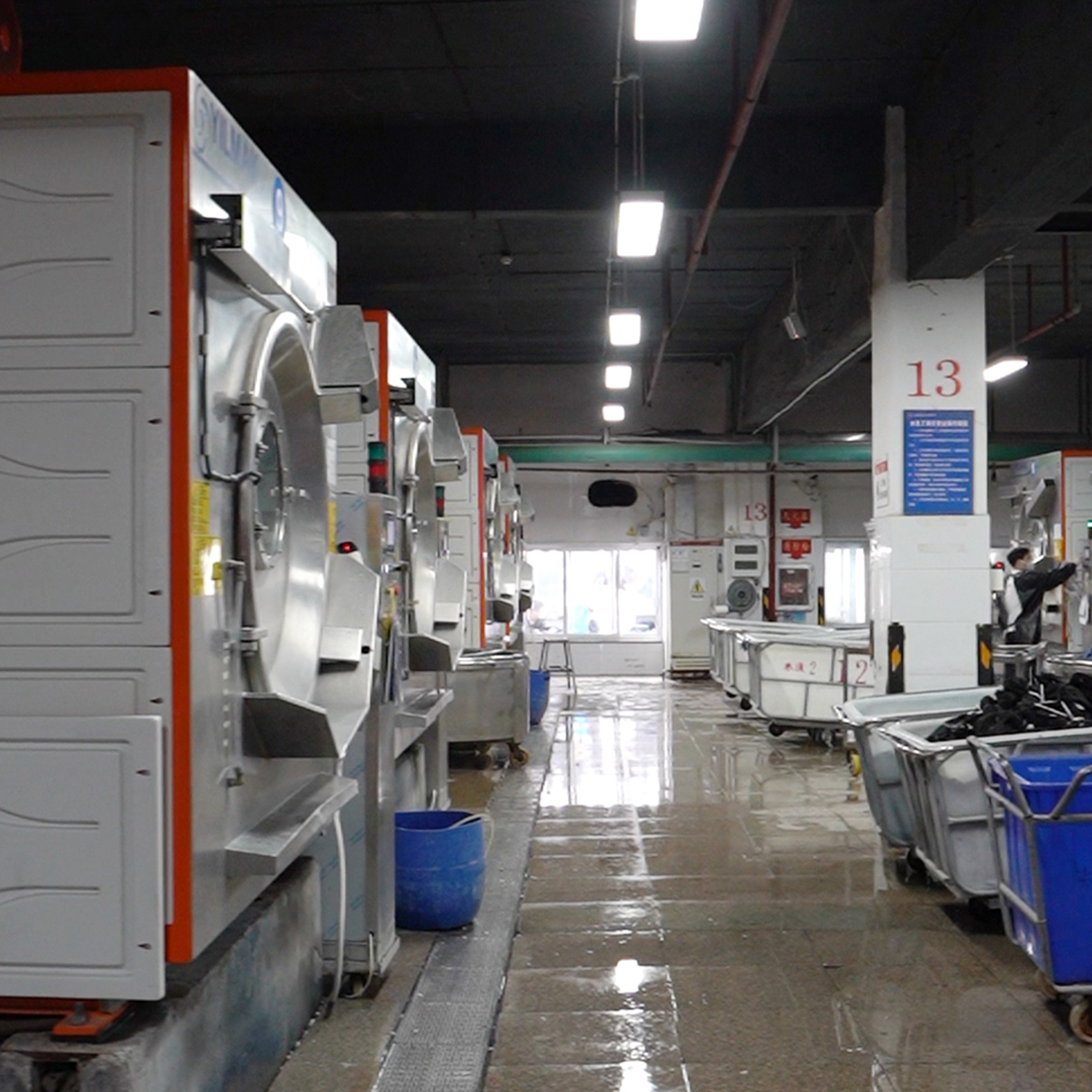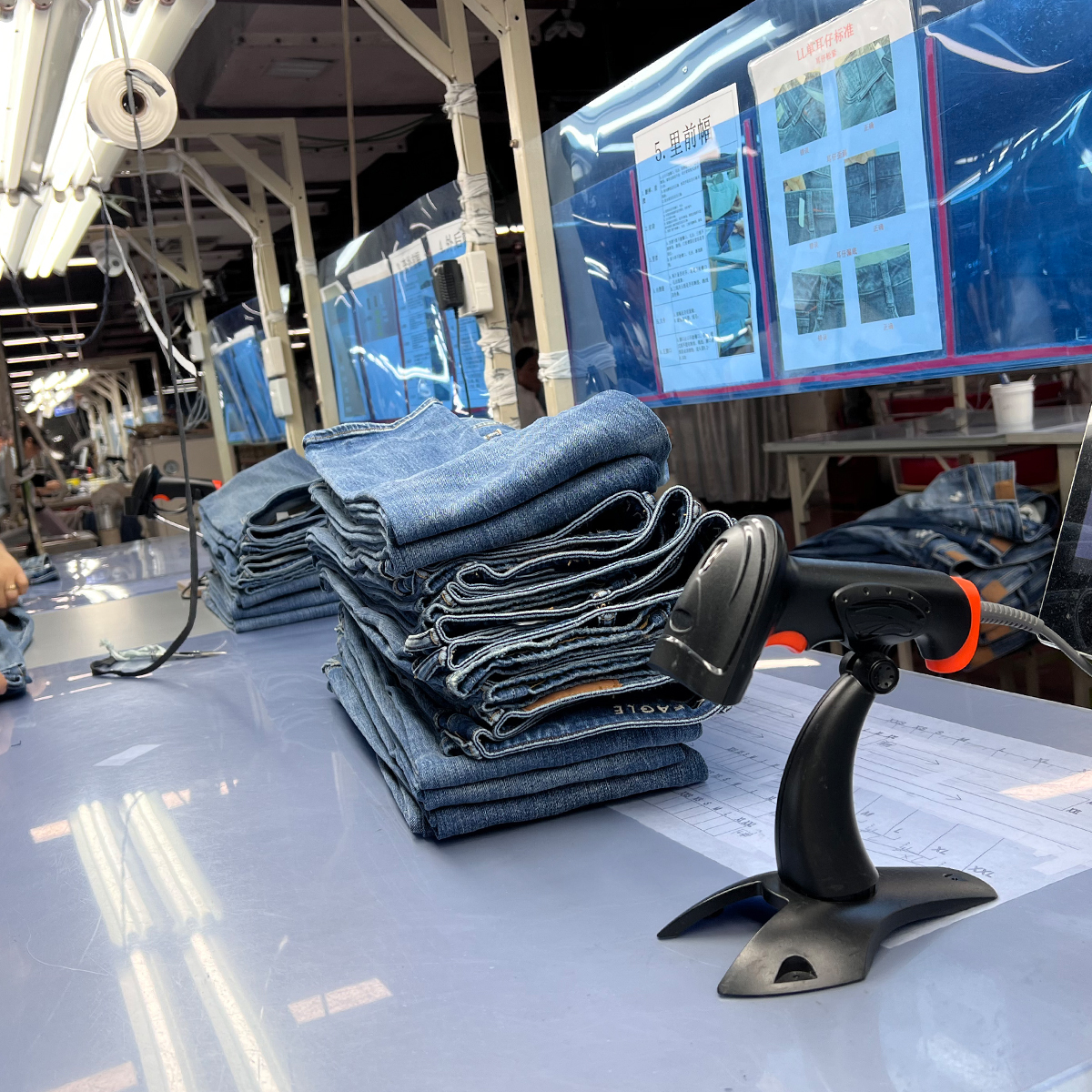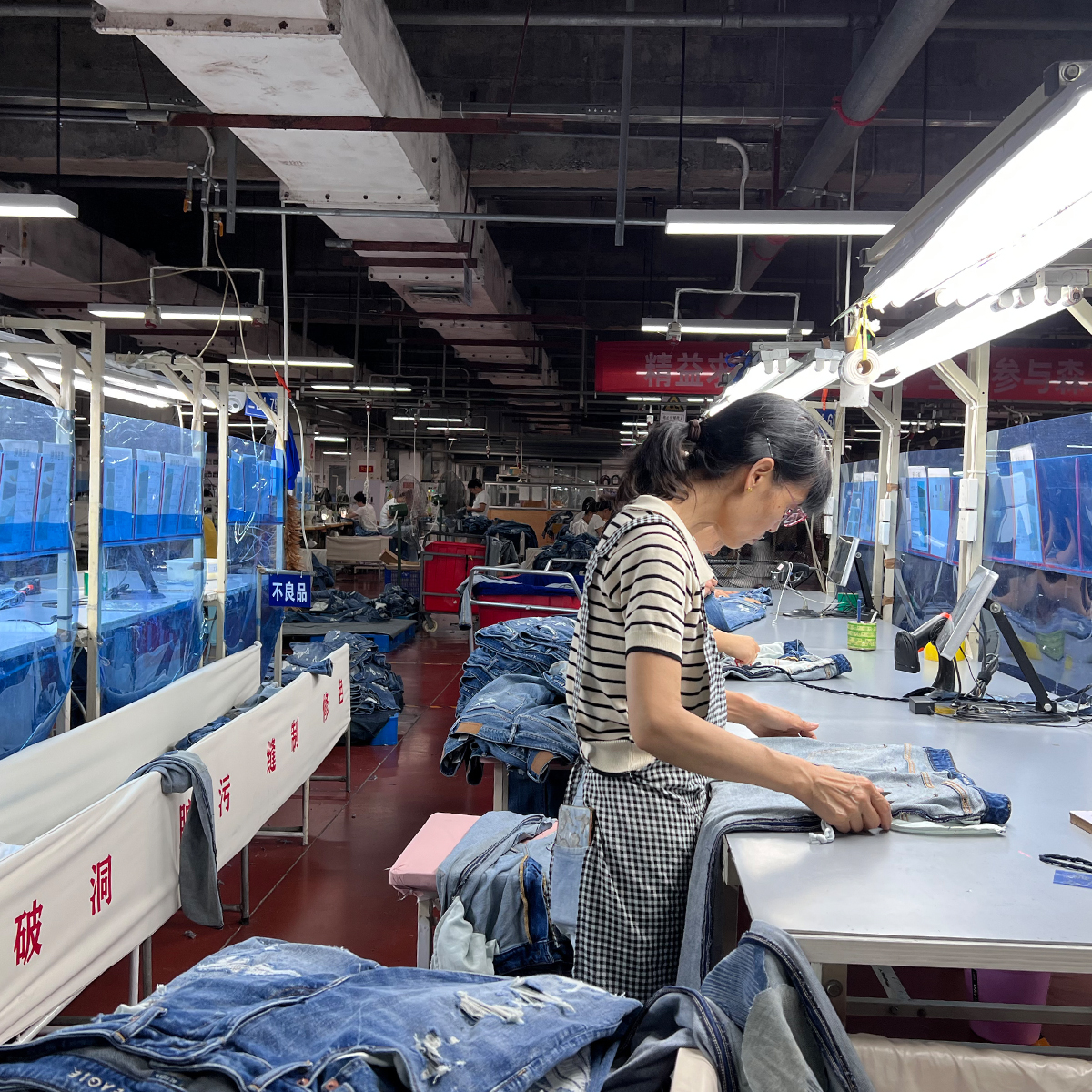When you think of denim, chances are the name Levi Strauss comes to mind. Established in the 19th century, Levi Strauss & Co. has become synonymous with quality jeans that have traversed beyond fashion trends and into the realm of cultural significance. In this article, we delve into the evolution of Levi Strauss jeans manufacturers, exploring their rich history, innovative fabric technology, and the resurgence of sustainable practices.
A Historical Perspective on Jeans Manufacturing
Founded in 1853, Levi Strauss & Co. began as a dry goods store in San Francisco, California. The company saw an opportunity in providing durable workwear for laborers during the Gold Rush. In 1873, Levi Strauss patented the use of rivets to reinforce pocket seams on work pants, which marked the birth of the modern blue jean.
Levi jeans became a staple not just for workers but also for soldiers, cowboys, and eventually the general public. Their popularity soared following World War II, as returning veterans sought comfort in stylish yet practical clothing. The 1950s youth culture embraced denim, turning Levi’s jeans into a symbol of rebellion and freedom.
Innovation in Fabric and Design
Over the years, Levi Strauss has continually adjusted their manufacturing methods to meet consumer demand and compete in the evolving fashion landscape. In the 1980s and 1990s, the company introduced an array of styles, such as baggy and bootcut jeans, catering to diverse tastes and preferences.
One of the pioneering moments for the brand was the introduction of stretch denim, which revolutionized comfort and wearability. With the incorporation of polyesters and elastane, Levi jeans became more accommodating without compromising the classic look.
The Sustainable Shift
In response to increasing environmental concerns, Levi Strauss has made significant strides in adopting sustainable practices. The company launched its Water
Additionally, Levi Strauss promotes the use of recycled materials. By utilizing post-consumer cotton and polyester in the production of new jeans, they are diminishing waste and conserving resources. Through initiatives like the Project F.L.X. (Future-Led Execution), they are employing laser technology that reduces fabric waste and achieves desired wear effects with minimal environmental impact.
The Levi’s Experience: Beyond Shopping
Levi Strauss has transformed the retail experience by incorporating brand storytelling and immersive experiences in their stores. The Levi’s flagship store in San Francisco showcases the brand’s history through interactive displays and vintage jeans, engaging customers on a deeper level.
Furthermore, Levi’s Custom Tailor Shop allows customers to personalize their jeans, creating a unique connection to the product while promoting individuality. This move not only attracts a younger demographic but also builds brand loyalty in a competitive market.
Collaborations and Cultural Significance
Levi’s has always understood the importance of staying relevant in the ever-changing fashion landscape. Their strategic collaborations with artists, designers, and celebrities have kept the brand fresh and appealing. From partnerships with high-fashion brands to collaborations with cultural influencers, Levi’s continues to reach new audiences.
These collaborations serve to recontextualize denim in various subcultures, from punk rock to urban streetwear. The collaboration with brands like Off-White and Supreme highlights the versatility of Levi’s jeans while maintaining the brand’s core identity.
The Future of Levi Strauss Jeans
The future of Levi Strauss jeans manufacturers lies in innovation and sustainability. As environmental awareness escalates, brands must pivot to more sustainable practices to retain consumer trust. Levi’s continued commitment to this aspect indicates that they recognize the importance of adapting to modern values.
Additionally, Levi Strauss is likely to invest in technological advancements, such as artificial intelligence and automation, to enhance production efficiency and reduce costs. This could lead to more rapid turnaround times for new collections while keeping quality at the forefront.
The Cultural Impact of Jeans
Levi’s jeans have transcended wardrobe essentials; they have woven themselves into the fabric of popular culture. From classic movies featuring iconic denim looks to music videos that celebrate the laid-back vibe of jeans, Levi’s has become a cultural milestone.
Furthermore, through various marketing campaigns, Levi Strauss has broken boundaries by promoting diversity and inclusivity, representing a range of body types, ethnicities, and lifestyles.
The Importance of Brand Legacy
As one of the oldest denim manufacturers globally, the legacy of Levi Strauss serves as a reminder of the importance of heritage, craftsmanship, and authenticity in a world brimming with fast fashion. The company’s evolution from a dry goods store to a global jeans manufacturer demonstrates resilience and adaptability, cementing its position as a market leader.
Understanding the historical significance of Levi Strauss & Co. adds depth to the consumer experience, allowing people to appreciate the story behind the garment they wear. With every pair of jeans comes decades of history, craftsmanship, and innovation that profoundly impact global fashion.
In a time when the fashion industry faces numerous challenges, Levi Strauss & Co. stands as a beacon of hope, showing that it is possible to honor tradition while embracing progressive change. The journey of denim is far from over, and as Levi’s continues to innovate and adapt, their jeans are sure to remain a staple for generations to come.
Join us as we continue to follow the journey of Levi Strauss jeans manufacturers, celebrating their contributions not only to fashion but also to social change, environmental responsibility, and cultural identity.



